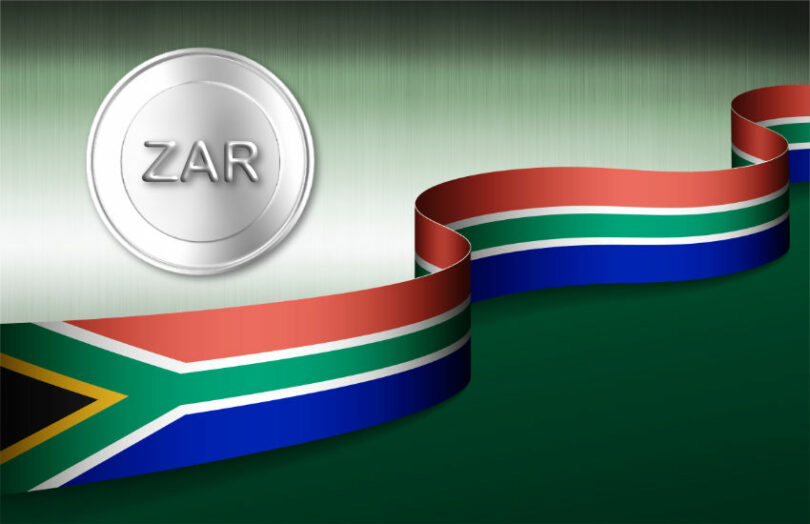As part of its Digital Payments Roadmap, the South African Reserve Bank (SARB) confirmed that it is progressing its central bank digital currency (CBDC) work as part of Project Khokha 2x. This involves a wholesale CBDC and bank-issued stablecoins, which will be used for regional payments in Africa. Additionally, SARB set a two year timeframe for supporting domestic stablecoins as part of a sandbox.
There was no mention of a retail CBDC, something that Standard Bank’s CEO pushed back on last year. Previously Standard Bank ran its own stablecoin trials with Korea’s Shinhan Bank for cross border payments on the Hedera DLT. Those trials continued with other participants and parts of the stablecoin code were open sourced.
Also last year, Gerhard van Deventer, a fintech expert at SARB, discussed Khokha 2x saying one interest area was integrating with trade finance platforms. In the meantime, multiple blockchain trade finance solutions have shuttered. Standard Bank participated in the Letter of Credit platform Contour, which closed last November. Van Deventer mentioned potentially using a wholesale CBDC as collateral for letters of credit.
Article continues …

Want the full story? Pro subscribers get complete articles, exclusive industry analysis, and early access to legislative updates that keep you ahead of the competition. Join the professionals who are choosing deeper insights over surface level news.






